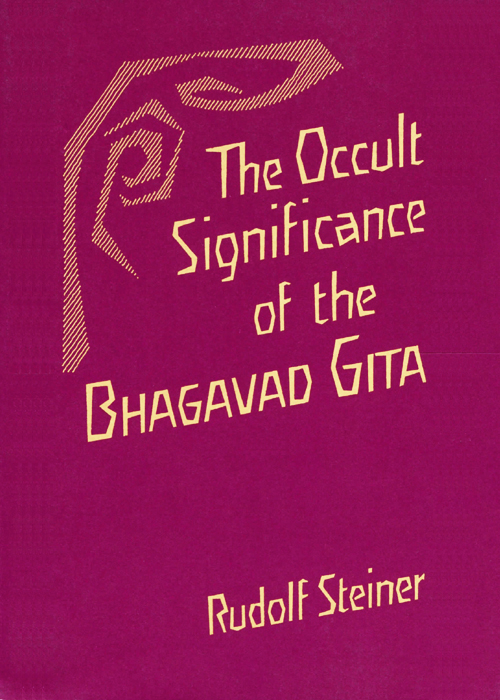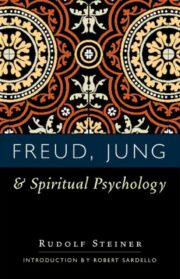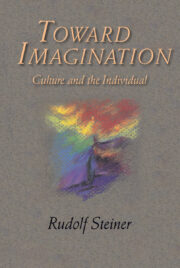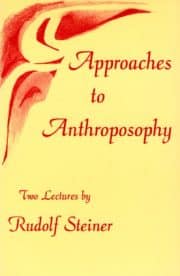The Occult Significance of the Bhagavad Gita
9 lectures, Helsinki, May 28 – June 5, 1913 (CW 146)
Steiner delves deep into the old Indian scripture of ‘The Bhagavad Gita’ and tells of how in the midst of a fratricidal battle the lofty Krishna appears in spiritual form to the soldier Arjuna revealing the mysteries of universal Egohood and the path of yoga. “The highest to which the individual man can soar by training himself and working on himself with wisdom ― that is Krishna… In all of earthly evolution there is no Being who could give give the individual human soul so much as Krishna,” remarks Steiner. Steiner goes on to describe out of his spiritual research how Krishna’s one-sided inspiration of the inner path of the individual was balanced and countered by what Christ brought from outside for all humanity. In impressive pictures Steiner paints the secrets of Krishna’s evolutionary sacrifice, his role in the life and work of Jesus and Christ, and the relevance of his teaching for our time.
About the Author
Rudolf Steiner (1861–1925) was born in the small village of Kraljevec, Austro-Hungarian Empire (now in Croatia), where he grew up. As a young man, he lived in Weimar and Berlin, where he became a well-published scientific, literary, and philosophical scholar, known especially for his work with Goethe’s scientific writings. At the beginning of the twentieth century, he began to develop his early philosophical principles into an approach to systematic research into psychological and spiritual phenomena. Formally beginning his spiritual teaching career under the auspices of the Theosophical Society, Steiner came to use the term Anthroposophy (and spiritual science) for his philosophy, spiritual research, and findings. The influence of Steiner’s multifaceted genius has led to innovative and holistic approaches in medicine, various therapies, philosophy, religious renewal, Waldorf education, education for special needs, threefold economics, biodynamic agriculture, Goethean science, architecture, and the arts of drama, speech, and eurythmy. In 1924, Rudolf Steiner founded the General Anthroposophical Society, which today has branches throughout the world. He died in Dornach, Switzerland.












Reviews
There are no reviews yet